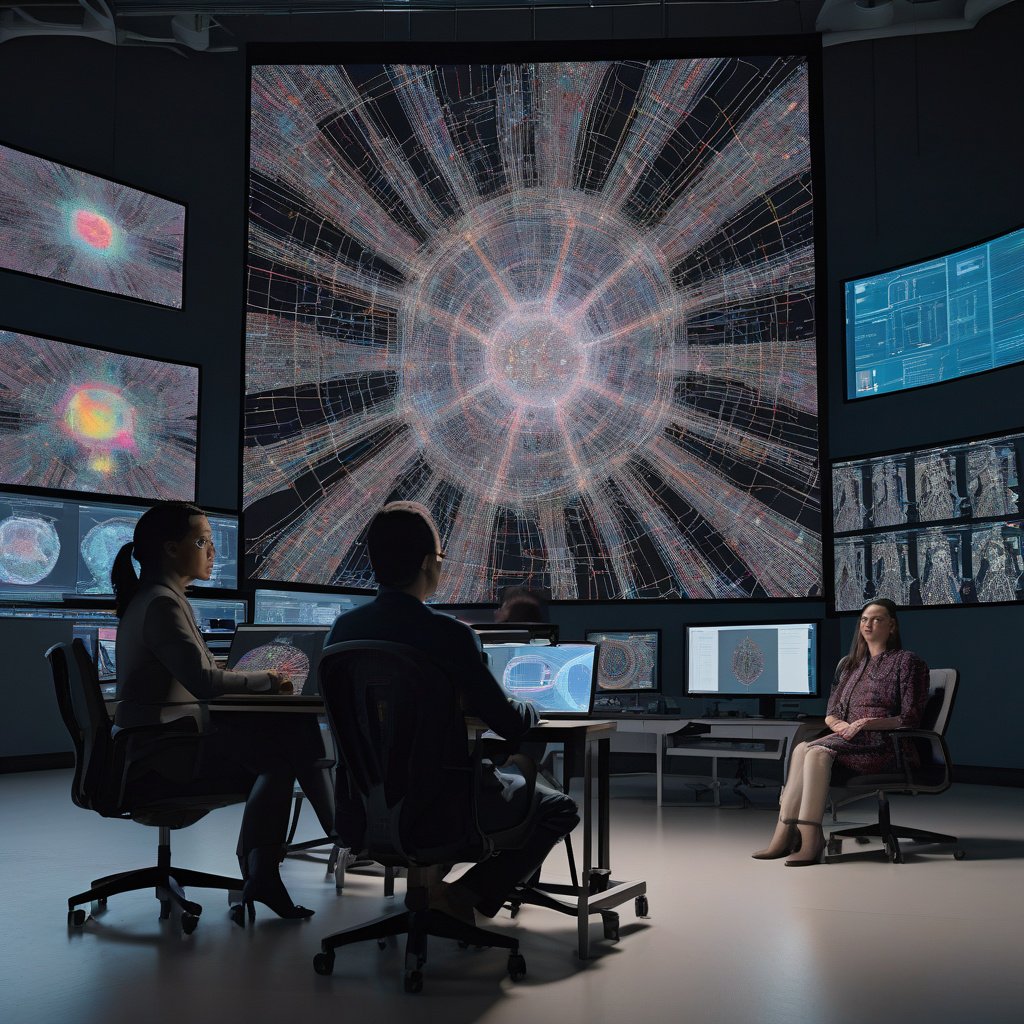The rapid advancement of generative AI (GenAI) has brought about groundbreaking innovations across various industries. However, recent incidents in 2023 have underscored the importance of human oversight in ensuring the trustworthiness of AI-generated content.
In one case, a financial firm’s chatbot powered by generative AI provided investment advice that breached compliance regulations, leading to regulatory repercussions. Similarly, an AI-powered medical summary tool inaccurately depicted patient conditions, sparking ethical dilemmas. These events have ignited a crucial debate: Can AI-generated content be relied upon without human intervention?
While GenAI showcases remarkable capabilities in generating content autonomously, it lacks the nuanced understanding and ethical judgment that humans possess. Human oversight is essential to rectify errors, ensure regulatory compliance, and uphold ethical standards. Without human intervention, AI systems may inadvertently perpetuate biases, disseminate misinformation, or make critical errors with far-reaching consequences.
Moreover, human oversight is crucial in fostering transparency and accountability in AI systems. By involving human experts in monitoring and validating AI-generated content, organizations can enhance the reliability and credibility of AI applications. Human oversight acts as a safeguard against algorithmic biases, ensuring that AI systems operate ethically and responsibly.
Furthermore, trust in AI technologies is contingent upon the presence of human oversight. Users are more likely to have confidence in AI-generated content when they know that human experts are involved in validating its accuracy and ethical compliance. Building trust is paramount for the widespread adoption of GenAI in diverse domains, including finance, healthcare, and customer service.
To address these challenges, organizations must implement robust mechanisms for human oversight in GenAI systems. This can involve deploying AI models in conjunction with human reviewers who verify the accuracy, relevance, and ethical alignment of AI-generated content. By combining the strengths of AI technologies with human expertise, businesses can maximize the benefits of GenAI while mitigating risks associated with unchecked autonomy.
In conclusion, the incidents in 2023 serve as a poignant reminder of the indispensable role of human oversight in GenAI applications. While AI technology continues to evolve rapidly, human intervention remains a cornerstone of trust, ethics, and accountability in AI systems. By integrating human oversight into the development and deployment of GenAI, organizations can cultivate trust, mitigate risks, and harness the full potential of AI technologies in a responsible manner.

